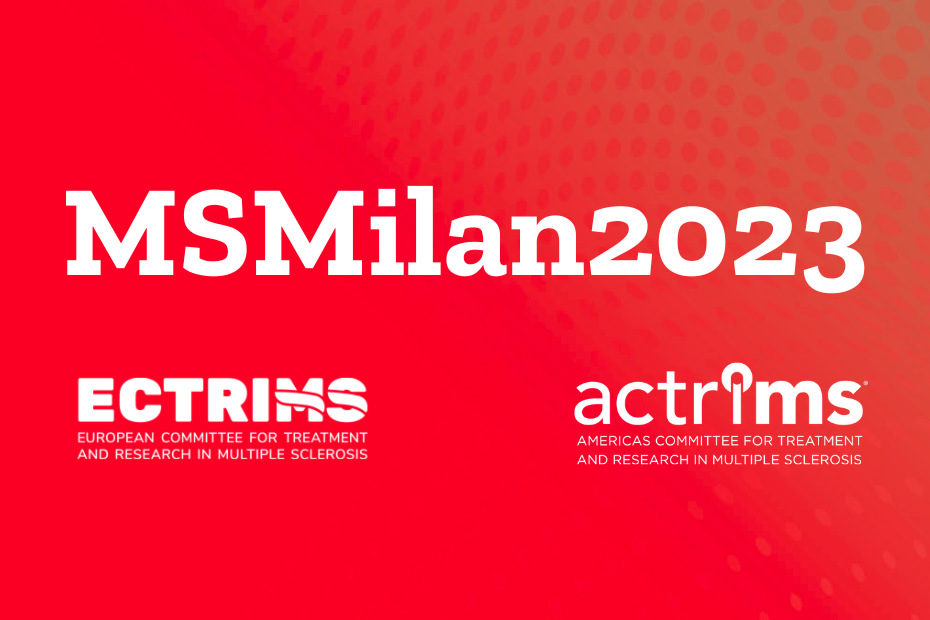Our science in numbers
Unlocking the power of speech
12,000+ patients
30+ clinical studies
50+ Publications
8 active TAs
4 speech biomarkers
8 different languages
Find out about a selection of our papers & projects
Research-based innovation
- Projects & Studies
- Publications
- Presentations
Pioneering studies in speech biomarkers
Our recent publications in leading journals
- Alzheimer’s Disease
- ALS
- Depression
- Apathy
- MCI
- Stress
- Other
Our posters and presentations at different conferences
Association of Speech and Language features with Biomarkers in Early Stage Alzheimer patients
Poster presented at the 16th Clinical Trials on Alzheimer’s Disease conference (CTAD). Boston, 2023.
Validating an automatic phone-based speech biomarker measuring cognition SB-C against PACC5 and MoCA in the Swedish H70 epidemiological cohort
Poster presented at the 16th Clinical Trials on Alzheimer’s Disease conference (CTAD). Boston, 2023.




